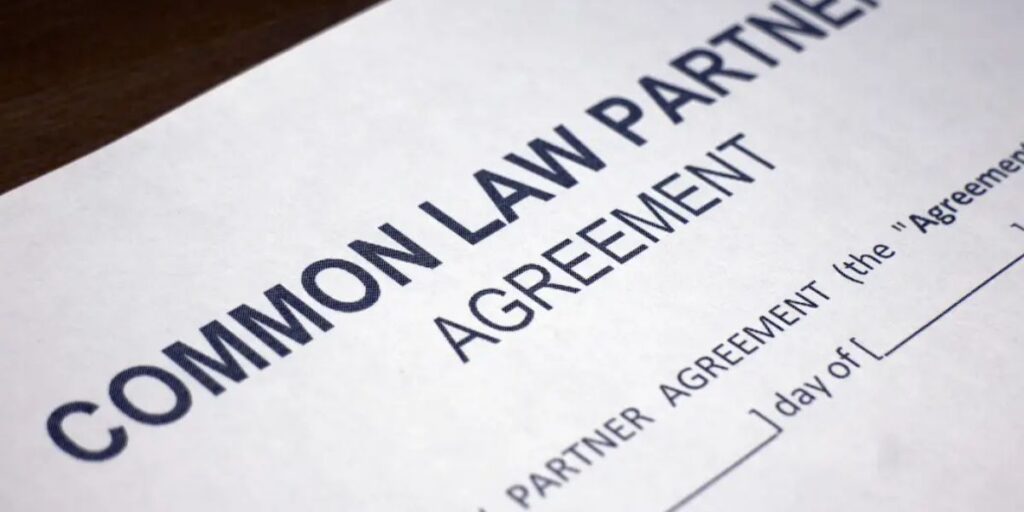If you’re considering long-term partnership without a formal wedding ceremony in Maine, it’s important to understand the legal stance the state takes on common law marriage.
While some states still recognize these informal unions, Maine does not recognize common law marriage under state law, with a few notable exceptions and legal nuances.
Is Common Law Marriage Legal in Maine?
No, Maine does not recognize common law marriage that originates within its own borders. This means that simply living together for a number of years and presenting yourselves as a married couple is not enough to create a legally binding marriage in the state.
Exception: Recognition from Other States
Even though Maine doesn’t allow the formation of common law marriages within the state, it does recognize common law marriages that were legally established in other states.
This means that if a couple legally became common law spouses in a state like Colorado or Texas (where it’s allowed), Maine will honor that relationship as a valid marriage once they move to the state.
To be recognized, the couple must meet the legal standards set by the state where the common law marriage was created.
Legal Alternatives for Unmarried Couples
Couples who live together in Maine but are not legally married still have options to protect their rights:
- Cohabitation Agreements: These are legal contracts that outline each person’s financial responsibilities, property rights, and expectations during the relationship or in the event it ends.
- Wills and Estate Planning: Since unmarried partners don’t automatically inherit from one another, it’s critical to establish wills and other legal directives.
- Power of Attorney: Assigning legal and medical power of attorney ensures partners can make decisions for each other in emergencies.
Domestic Partnerships in Maine
While not the same as marriage, Maine does offer a domestic partnership registry for same-sex and opposite-sex couples.
Registered domestic partners receive some limited legal rights, especially when it comes to inheritance and health-related decisions.
This registry is an option for couples who don’t want to marry but still want some legal recognition.
Final Thoughts
While Maine does not allow common law marriage to be formed within the state, it does provide avenues for legal protection and recognizes such unions if they were validly created elsewhere.
If you’re in a long-term relationship without legal marriage, it’s wise to take proactive steps like drafting cohabitation agreements or registering as domestic partners.
For couples in Maine seeking the rights and protections of marriage without a formal ceremony, consider speaking with a family law attorney to explore legal options specific to your situation.




More Stories
Common Law Marriage in Maine: Legal Requirements and Exceptions
Common Law Marriage in Maine: Legal Requirements and Exceptions
Common Law Marriage in Maine: Legal Requirements and Exceptions